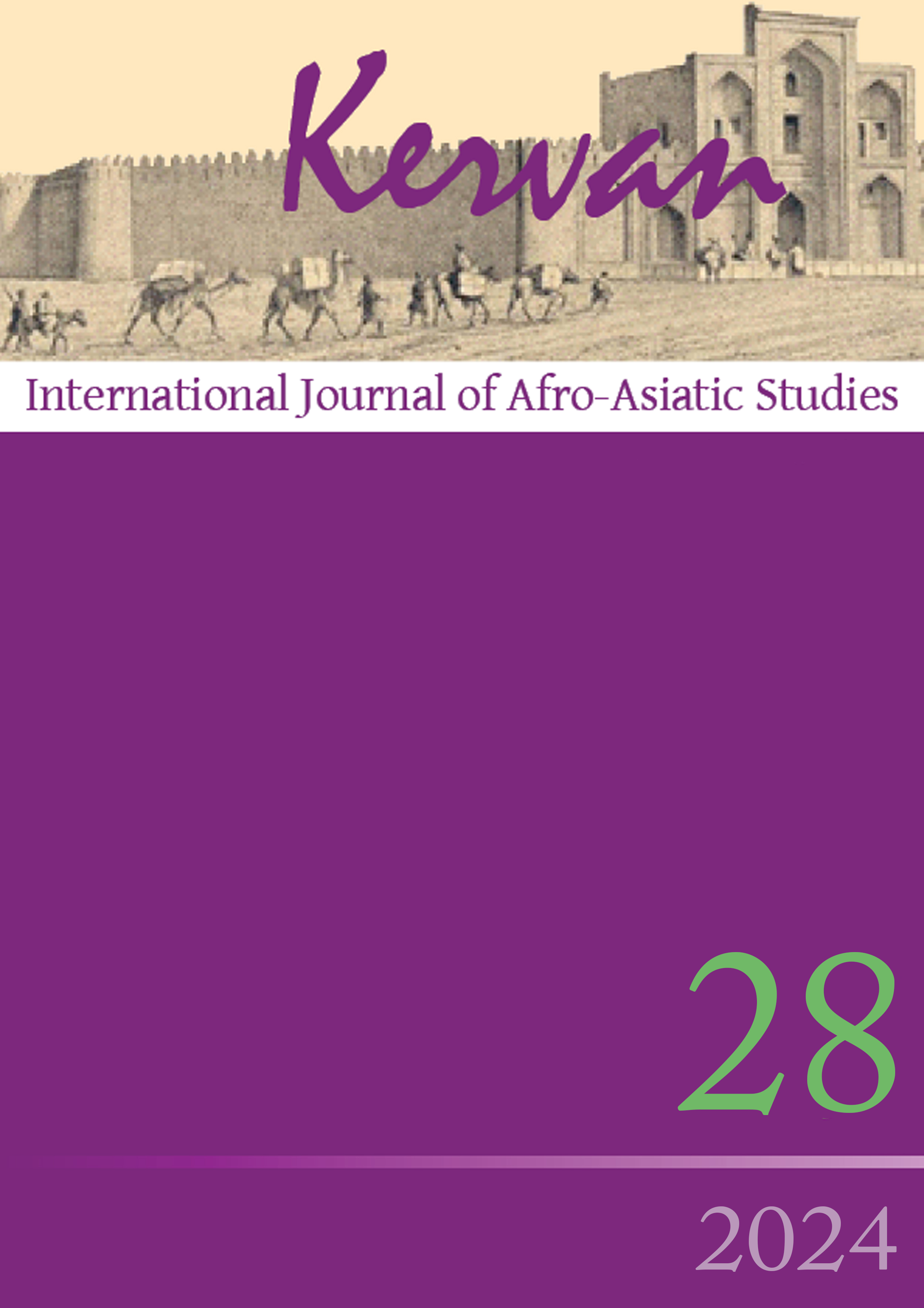Uncompromising accommodation: Remarks on modern Iranian Shiʿi Sufism’s attitude to resistance
DOI:
https://doi.org/10.13135/1825-263X/9531Abstract
Starting from the report of an incident occurred in Tehran in 2018, which triggered a wave of repression and resistance involving members of a popular Iranian Sufi order, the Neʿmatollāhī-Gonābādī, this article explores the ways and forms in which modern Shi‘i Sufism articulates its identity at the social and political level and vis-à-vis the authorities of the Islamic Republic if Iran. In doing so, this essay tackles the ways in which this identity is voiced and how individual members of the mystical order manifest their proximity to some areas of the reformist camp. This political vitality and outspokenness, along with forms of resistance adopted by the members of the brotherhood in the face of the increasingly pronounced aggressiveness of the Islamic Republic towards Sufism, testifies the complexity of the nature of the order’s relationship with the political sphere. The analysis of the texts and the praxis of the order’s notables and their disiples shows that the oft-repeated declaration of distance from politics are genuine but far from simplistic, a far cry from unconditional political quietism Sufism is often accused of. By addressing this complexity, in this article the author sets out to address the many paradoxes inherent in this clash and the battle for the appropriation of the legacy of mysticism in contemporary Iranian Twelver Shi'ism, which is grafted onto a broader discourse on political authority in Shiʿism and revolutionary Iran.
Downloads
Downloads
Published
Issue
Section
License
Gli autori che pubblicano su Kervan accettano le seguenti condizioni:
- Gli autori mantengono i diritti sulla loro opera e cedono alla rivista il diritto di prima pubblicazione dell'opera, contemporaneamente licenziata sotto una Licenza Creative Commons - Attribuzione che permette ad altri di condividere l'opera indicando la paternità intellettuale e la prima pubblicazione su questa rivista.
- Gli autori possono aderire ad altri accordi di licenza non esclusiva per la distribuzione della versione dell'opera pubblicata (es. depositarla in un archivio istituzionale o pubblicarla in una monografia), a patto di indicare che la prima pubblicazione è avvenuta su questa rivista.


 The articles that have appeared on Kervan since 2016 are rated as Class A in the system of National Scientific Qualification (ASN, disciplines 10/N1 and 10/N3).
The articles that have appeared on Kervan since 2016 are rated as Class A in the system of National Scientific Qualification (ASN, disciplines 10/N1 and 10/N3). The journal has been approved for inclusion in DOAJ. The DOAJ listing of the journal is available at
The journal has been approved for inclusion in DOAJ. The DOAJ listing of the journal is available at  The journal has been approved for inclusion in ERIH PLUS. The ERIH PLUS listing of the journal is available at
The journal has been approved for inclusion in ERIH PLUS. The ERIH PLUS listing of the journal is available at  Kervan was just accepted for indexing in SCOPUS. This important milestone ensures that articles published in Kervan are easily found when searching for library, archives and Information science and it enables Kervan authors to keep track of how often their article has been cited by others.
Kervan was just accepted for indexing in SCOPUS. This important milestone ensures that articles published in Kervan are easily found when searching for library, archives and Information science and it enables Kervan authors to keep track of how often their article has been cited by others.

